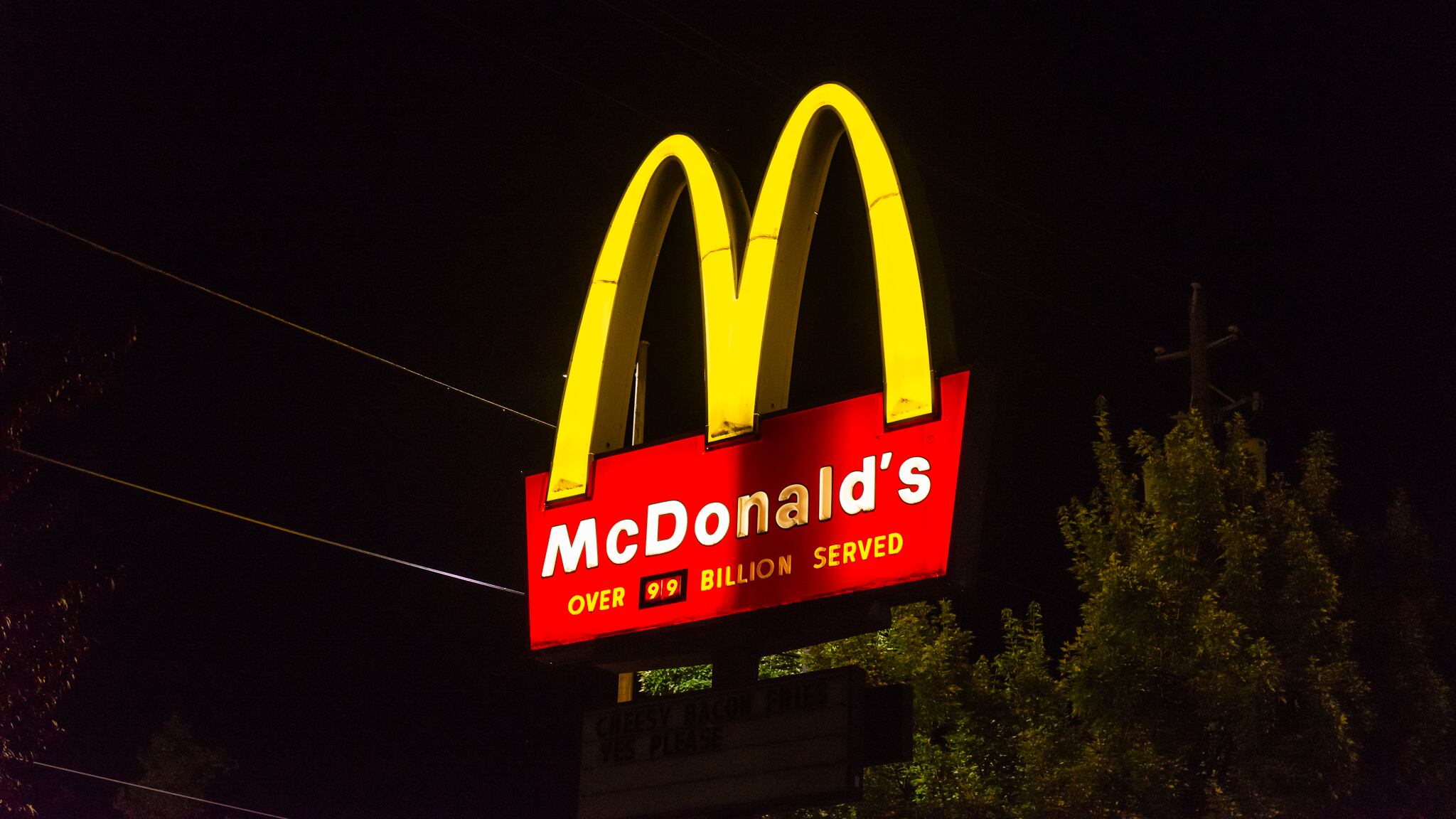The manager of a McDonald’s on the North Portland industrial waterfront where four people were injured in a gunfight Monday night says he and an employee hid in the kitchen, fearing for their lives, after dozens of young men raced cars in the the parking lot and began threatening restaurant staff.
“I was so scared that I was shaking and on the verge of tears,” Miguel Ángel Mijangos Rodríguez tells WW. “To them, my life did not matter and all I could think about was my children and partner.”
Portland police say they recovered more than 50 cartridge casings of different calibers from the May 17 shootings on Swan Island, an industrial section of North Portland filled with warehouses. At the center of the gunfire was the McDonald’s, where the Associated Press reported people met after attending the funeral of another shooting victim.
The four people shot that night, none of whom suffered life-threatening injuries, were taken to Legacy Emanuel Medical Center, where dozens of police officers guarded the emergency room after angry people gathered. The fraught scene at the hospital is the latest escalation of shootings that have ruptured Portland’s neighborhoods for nearly a year.
Rodríguez, the McDonald’a manager, said he never heard a gunshot. By the time people started firing, he and his employee were huddled in the kitchen.
Minutes before, around 9 pm, a rowdy crowd drove into the parking lot. Rodríguez tells WW they were racing their cars and screeching their tires. Smoke filled the air and a group of more than 50 people surrounded the restaurant.
Cars and people were everywhere, he says. Someone at the drive-thru came up and ordered a Diet Coke, and as soon as Miguel handed it to him, the customer threw it right back at him.
“If it wasn’t for the drive-thru window [glass] it would’ve hit me straight in the face,” he says.
Rodríguez’s account is the first indication that Monday’s shootings were linked to street racing on the streets of North Portland, a phenomenon that for months has alarmed business owners on the industrial waterfront.
Rodríguez says a group of about 10 people entered the restaurant dining room, demanding to use the restroom. He refused and told them they had to leave. (He says a timid woman in her early 20s, naked except for a towel to cover her, also came in asking for the restroom.)
He says the group was so angry and aggressive—he puffed up his chest to demonstrate—that he and a server feared for their lives and hid in the kitchen as soon as they left.
“I was telling them to get out and that they can’t use the bathrooms because of coronavirus restrictions,” Rodríguez says. “One person was very angry and I tried to tell him to calm down. I feared for my life.”
Rodríguez says the group that surrounded his store was multiethnic and white, consisting mostly of young men in their 20s. They all started to leave as soon as police officers started showing up.
The four people wounded on Swan Island were followed to Legacy Emanuel by an angry crowd, who were antagonistic toward each other, police say.
“The large crowd and emotional response to the shooting interfered with the orderly operation of the emergency department and ambulance bay and created a need for an increased response to restore peace at the hospital,” the Police Bureau said. “Individuals were combative with staff and created a disruptive and potentially dangerous scene. Several members of this crowd were reported to be armed.”
That was not an unprecedented scene at Legacy Emanuel, one of two hospitals where shooting victims are regularly transported. Roy Moore, an outreach worker who tries to calm people in the aftermath of shootings, told WW earlier this year that on more than one night, he has found himself at the hospital with two groups of grieving families—only to realize that the person who shot one victim was in the hospital waiting room, worried about the fate of another victim.
Portland’s gun violence has turned into a public health crisis that continues to escalate as the city scrambles for a solution. The Portland Police Bureau announced a gun violence coalition had been formed to provide a greater police presence at places and events where shootings were more likely to happen.
In addition to the victims on Swan Island on May 17, two occupied semi-tractor trailer vehicles and a few buildings were also hit.
Rodríguez doesn’t think any bullets hit the McDonald’s building since the glass windows are intact. Two days later, his voice shook as he recalled the chaos.
He says he now makes sure to lock the doors sooner at night.

